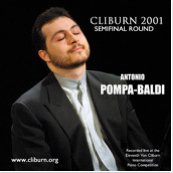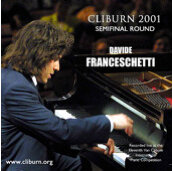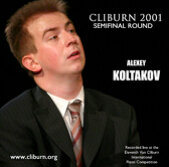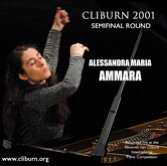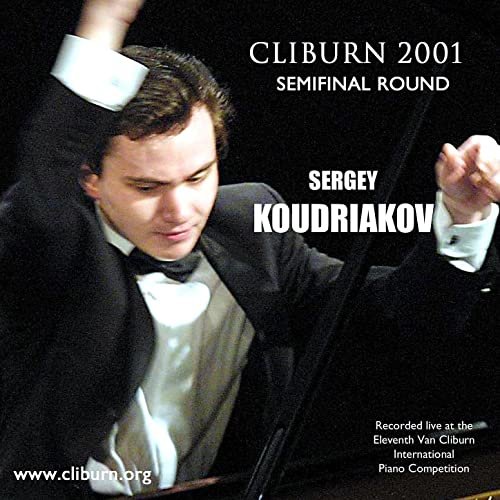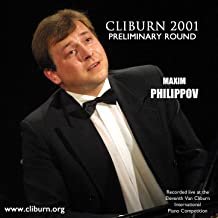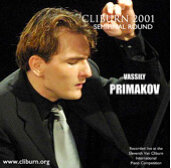Three Impromptus for piano solo Op. 68 (2000) c.10'00"
I. eighth note = 172
II. eighth note = 120
III. eighth note = 120
Written to commemorate the 100th Anniversary of Yaddo
First performed on May 4th, 2000 at Alice Tully Hall in New York City by Stephen Hough
Winner of the Grand Prize, Van Cliburn 1st International Composers' Invitational Competition
ABOUT
The Three Impromptus Op. 68 were written to celebrate the centenary of “Yaddo,” the artists’ colony located in Saratoga Springs, New York.
The title “Impromptus” in this case is meant to hark back to the Impromptus of Schubert, and these pieces share one technical characteristic with his: the almost obsessive use of a predominantly unvaried rhythmic figuration for each piece. In the first, it is an oscillating sixteenth note pattern. The second piece (played attacca) is built on a slurred thirty-second note motive with a middle section of sixteenth notes alternating between the hands. The last piece is built on a constant ternary eighth note rhythm. Like Schubert's, these pieces are absolute music in the purest sense (having no programmatic or extra-musical content, and being solely preoccupied with their own musical materials) and are of an intimate and introspective nature.
RECORDINGS
REVIEWS
“The piano works of American Composer Lowell Liebermann (b.1961) are significant and poetic additions to the keyboard repertoire. One of the most successful composers of his generation, Liebermann is also controversial, especially in “progressive” musical circles. His music is mostly tonal, beautiful, and - unforgivable to some critics and academics - popular and accessible…Liebermann is often categorized as a postmodern tonalist or neoromantic, but such pigeonholing can diminish the distinctive qualities and traits of such an individual composer. His works maintain a strong sense of structural and emotional balance and proportion. The ability to write beautiful, soaring, and memorable melodies attests to his great lyric affinity. Throughout his music, Liebermann makes imaginative use of a rich a varied harmonic and textural palette, and he often demands superior technical ability from his performers. Liebermann’s work for piano are written with a masterly command of idiomatic keyboard writing. He is a formidable pianist who understands (and exploits) the coloristic and virtuoso possibilities of the instrument…It is easy to see why Liebermann’s Three Impromptus was so popular with the Van Cliburn competitors - each piece has a strong character and mixes lyricism with great coloristic possibilities in a concise, pianistic fashion.”
William T. Spiller, Notes
“Delicate pianissimos and massive sonorities exist side by side in this powerful work, but the overriding effect was always musical, not simply pianistic>”
Peninsula Reviews

